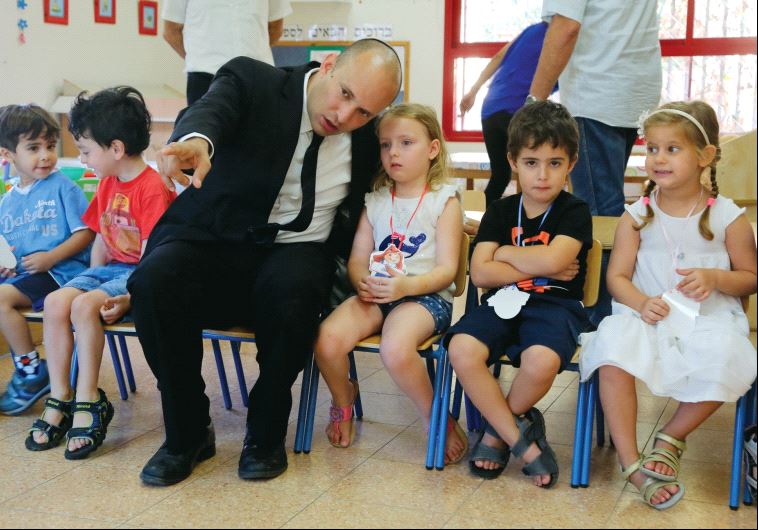JPost Editorial: Judaism’s importance
The Jewish people’s yearning to return to their homeland draws its inspiration from the prophets of the Bible.
 Education Minister Naftali Bennett meets with pupils at the start school year(photo credit: SASSON TIRAM)
Education Minister Naftali Bennett meets with pupils at the start school year(photo credit: SASSON TIRAM)